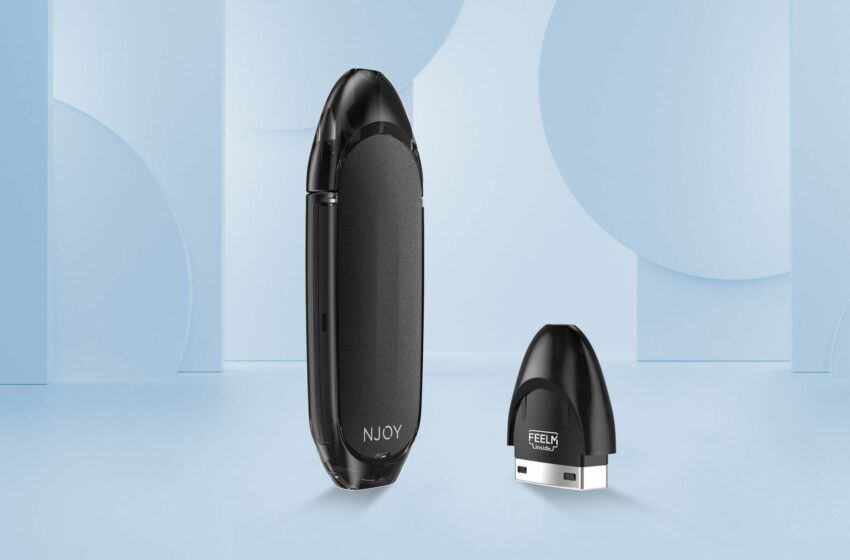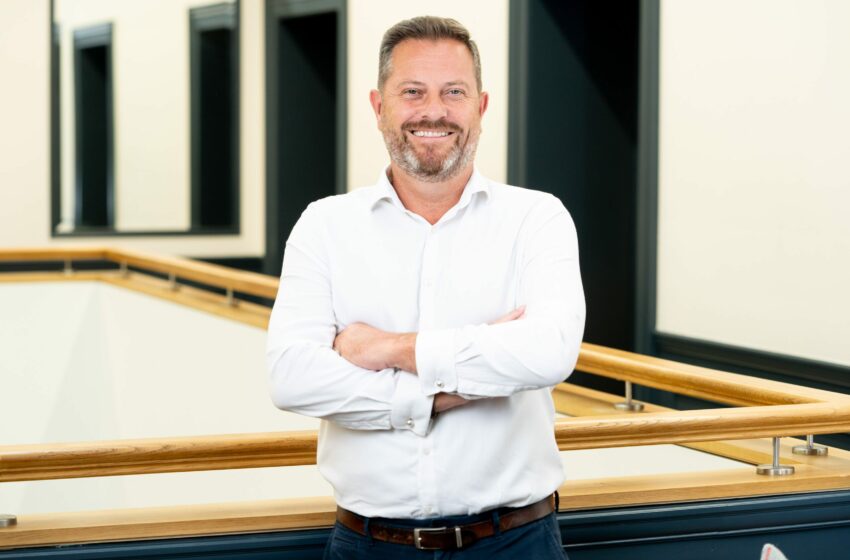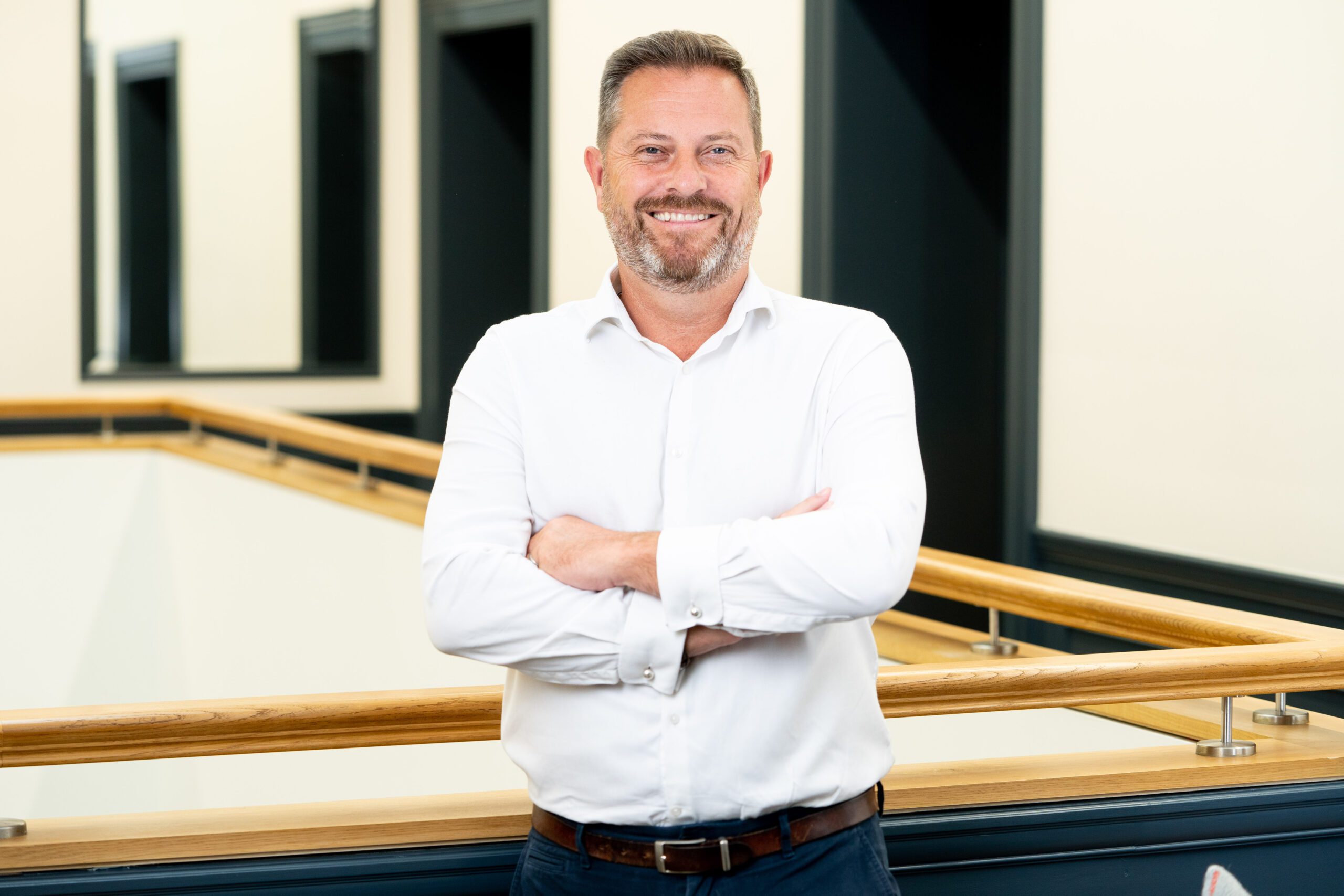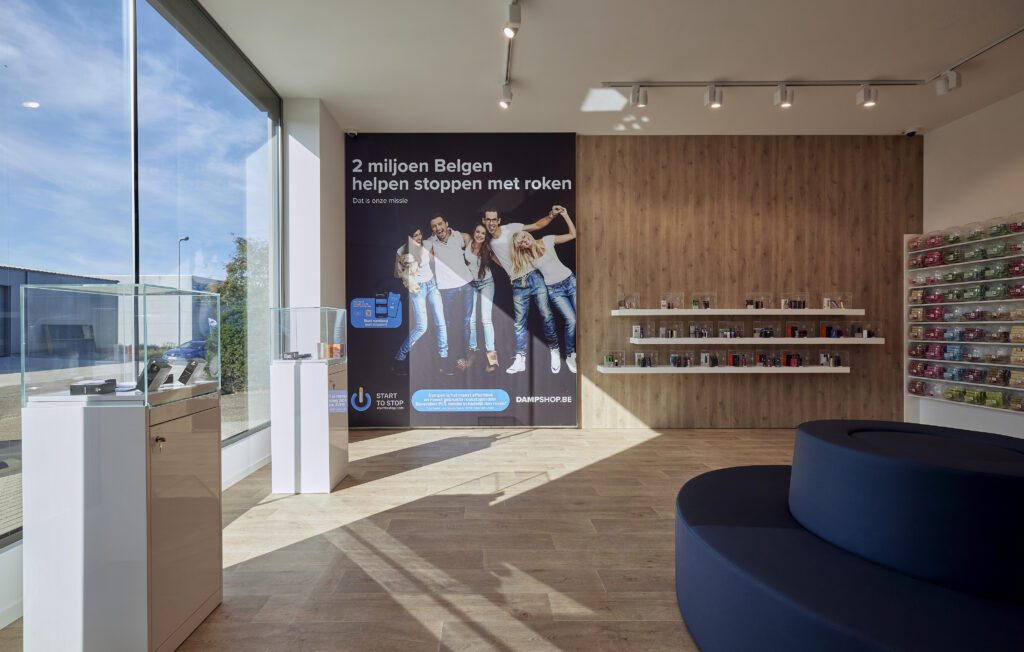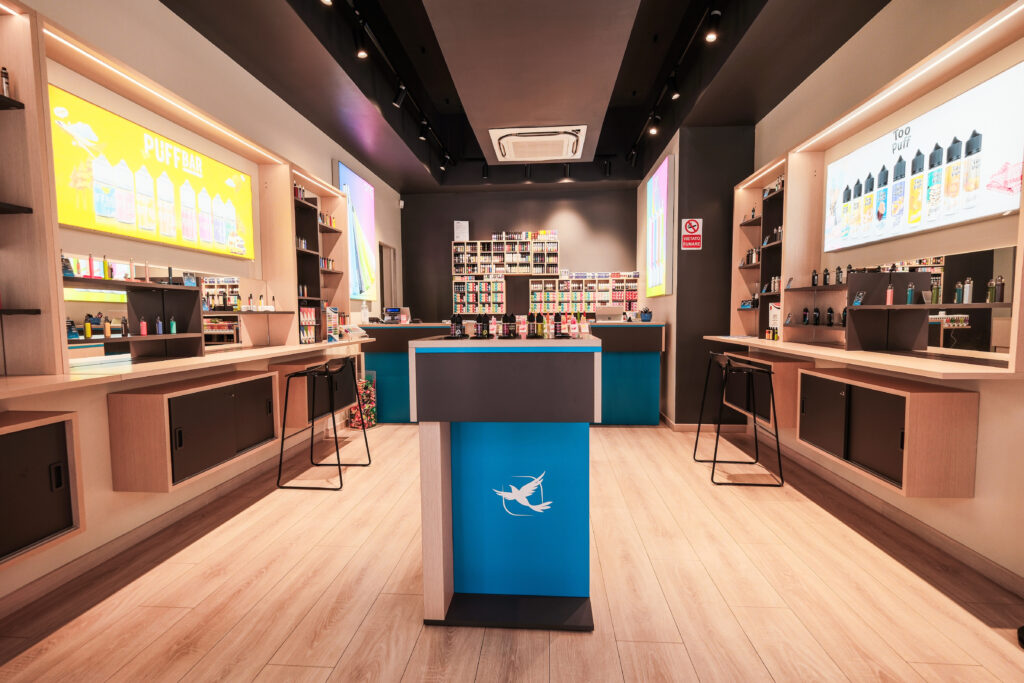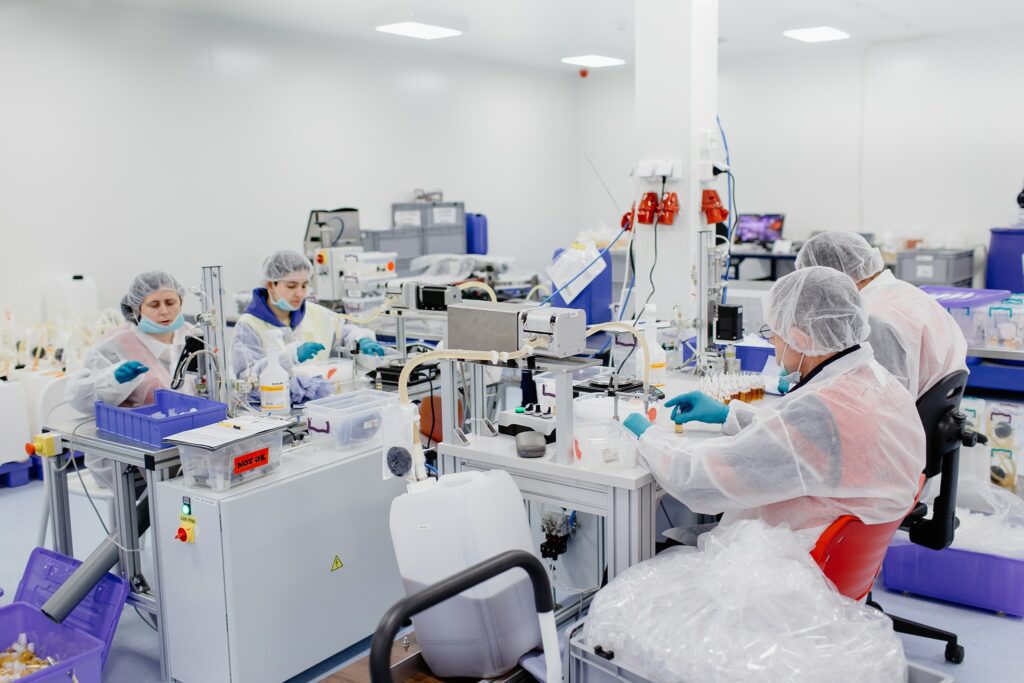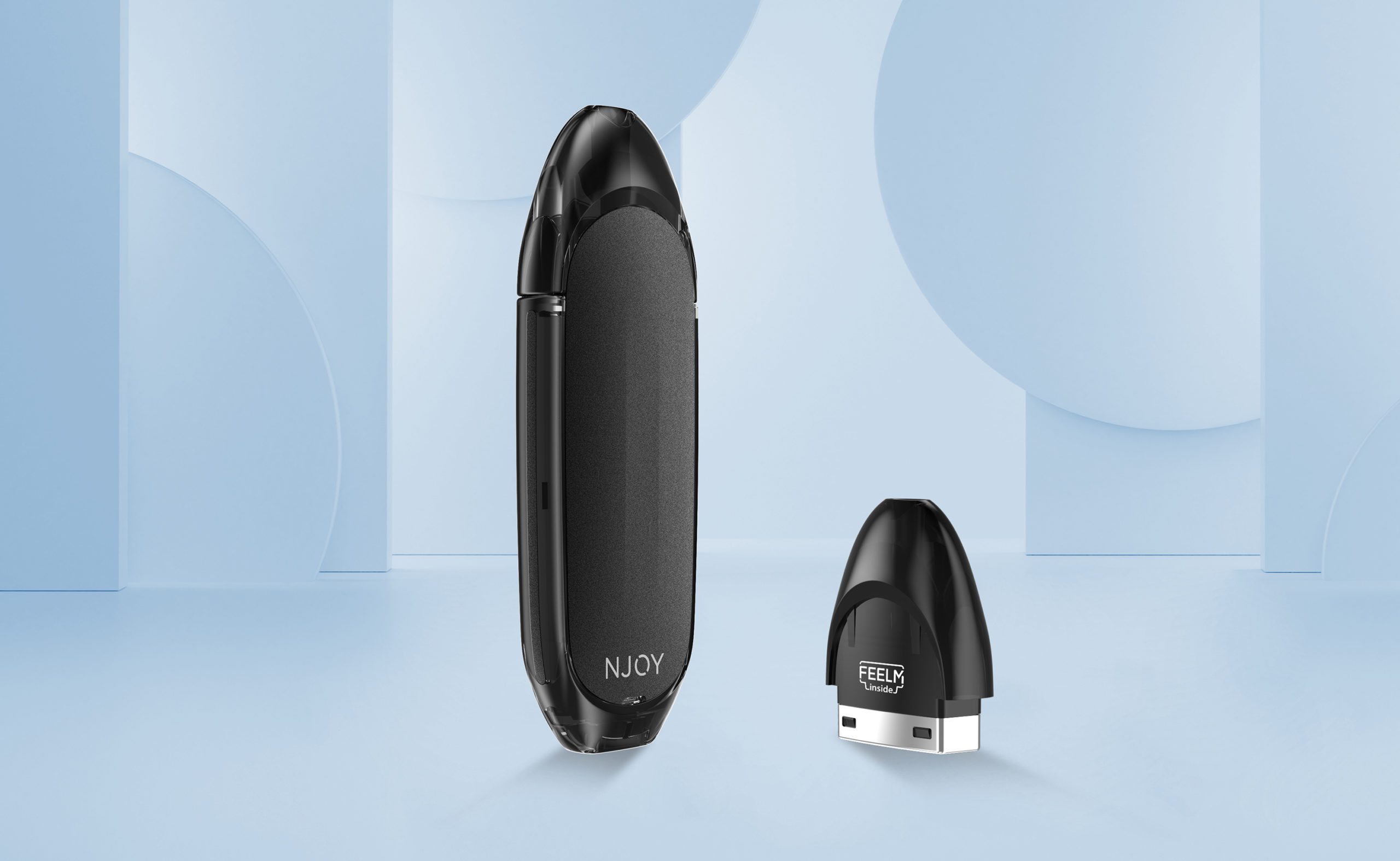
By Robert Burton
Vapes are a powerful tool for adult smokers making the transition from cigarettes to reduced-risk products (RRP). The category is governed by market-specific regulation, often influencing public perception and, therefore, uptake.
Last week, following an extensive scientific review, the U.S. Food and Drug Administration authorized the marketing of four menthol-flavored e-cigarette products for Altria-owned vaping company Njoy. This is a watershed moment for the sector and one which will have a huge and significant impact on the global RRP market.
This announcement signifies the FDA’s acknowledgment that menthol vaping products have the potential to be an important and effective tool for adult smokers looking for reduced-risk alternatives. This is significant for the wider sector in a number of ways; above all, it sets a precedent for other markets, paving the way for other regulators, particularly those looking at bans, to consider flavors in the context of public health.
Across the globe, we are seeing an increasing number of markets introduce bans on flavors on a precautionary basis in a bid to mitigate youth uptake. At Plxsur, we have long advocated against the ban of flavors on vape products, arguing that it has the potential to negatively impact those making the transition from conventional cigarettes, who often are drawn to vapes for their flavor, amongst other factors such as price and convenience. There are also arguments and emerging evidence that flavor bans drive the black market sale of unregulated, dangerous products.
There will be many that, understandably, say this decision is “too little, too late,” but it is nonetheless encouraging to see the FDA, with its extensive science and evidence-based review, validating that with effective regulation and enforcement, flavored vape products are “in the interest of public health.” Those countries that have considered flavor bans should look to the U.S. and conclude that it can’t be justified from a scientific review perspective.
While this is the first authorization of a “characterizing flavor” by the FDA for vaping products, two of the major regulatory influencing bodies, the FDA and the Medicines and Healthcare Products Regulatory Agency (MHRA), now acknowledge that there is value in non-tobacco-flavored vaping products.
This decision has the potential to impact the world. The U.S. has long influenced international markets, so it sets a benchmark that we expect other, less vape-supportive governments and regulatory bodies will follow.

In Italy, tobacco-flavored vapes constitute 40% of the vape market, while menthol represents 21%.[1] This demonstrates the significance of flavored products in the market as a whole. If such flavors were to be banned, this would act as a barrier for smokers to move to reduced-risk alternatives and potentially lead vapers to return to cigarettes.
In some geographies, it is great to see that vapes are being accepted as an effective alternative to conventional cigarettes, even this week’s news from Australia announcing that vapes – which until now have only been available through prescription – will soon be available for sale within pharmacies without the need for a prescription, offering an effective pathway to end the smoking epidemic in the country.
As we anticipate the potential revision of the Tobacco Product Directive Review next year, the justification for banning flavors, from a scientific point of view, simply isn’t there. In the case of Njoy, this has been shown through closed-system pod-based devices, which offer a more cost-effective avenue for existing smokers and disposable systems while incorporating child lock systems that will restrict access to children, as is already applied by a Plxsur company, ProVape, in its SALT and KUBIK brands.
While the FDA’s authorization is specific to these four products made and sold by Njoy and does not apply to any other menthol-flavored e-cigarettes, our expectation is this will open a channel for other such products to achieve authorization by providing the necessary framework and the potential for knowledge-sharing and guidance. With the weight of data-led evidence, the category can advocate for the democratization of this framework, enabling further regulatory authorizations for products produced by responsible vaping companies in the interest of the adult smoker.
At Plxsur, we have a clear purpose – to facilitate adult smokers to make positive health decisions by transitioning away from cigarettes to reduced-risk products. Flavor is a key factor in supporting smokers moving completely to such alternatives, and we look forward to seeing a more science and data-led approach being adopted across all markets as we work to save the lives of those impacted by smoking, mitigate the risk of youth uptake, and do so sustainably and responsibly.
We view this FDA decision as a significant step forward in broadening the pathway for adult smokers, and previously lacking “off-ramp” for U.S. menthol smokers looking to make the switch, which, according to Public Health England, is 95% less harmful and, therefore, undeniably, “in the interest of public health.”[2]
Robert Burton is Group Scientific and Regulatory director for Plxsur.
[1] The Global Vaping Market: A Plxsur Snapshot
[2] E-cigarettes: an evidence update: A report commissioned by Public Health England

